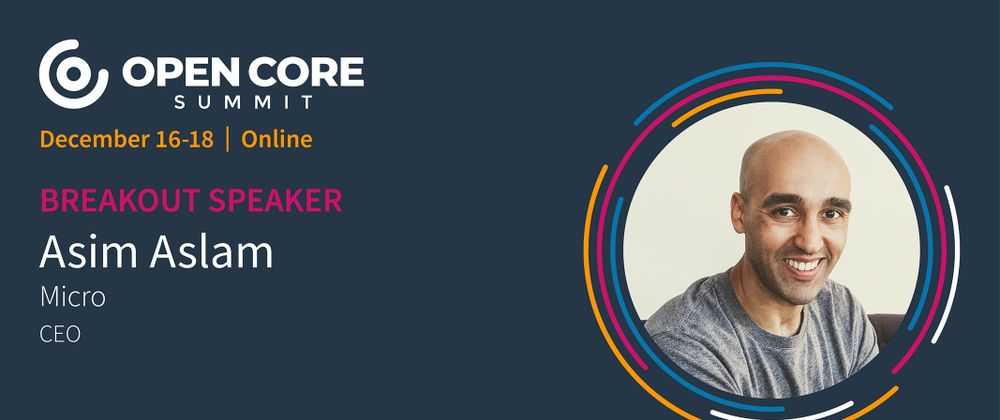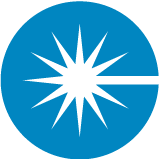Asim Aslam is the creator of Micro, discuss open source sustainability, business models, philosophy, and more!
Relevant Links
LinkedIn - Twitter
Asim Aslam, creator of Micro, discusses open source sustainability, business models, philosophy, and more!
You started off early in your career as a software engineer working at Google. You were one of the core infrastructure folks at a company in London called Halo, a ride-sharing service and Uber competitor. That’s where you conceived and built core assumptions about what’s missing in programming for Go developers, and started building tooling for developers. Can you tell us about your journey at Halo and how you came to start the Micro project? - 0:30
You’re also an amazing visionary and software designer. What have been the biggest intuitions driving what developers care about? What’s the core essence of how you think about designing software that developers really love and care about? - 3:37
How have you gone about building the Micro community? You’ve developed something that tens of thousands of developers have bet their immediate core application work on, and for many of them, their careers. What can open-source creators learn from you about creating things that developers really love? - 6:09
How do you see the commercial opportunities in open source generally, and how have you developed opinions here as it relates to Micro? - 8:28
What’s missing for developers today around clean APIs and services across the board for building applications? We’ve seen API platforms like Twilio successed, which have very well scoped, clean APIs for specific business/programmatic utilities. How do you think about the future of developer APIs and open source? - 11:00
We’ve talked a lot about business model evolutions, and this is one of the consistent things with commercial open-source companies, like you were describing. Starting off with services, professional services and support, then building paid features, going down this open core approach, where you sell products for enterprises along with a community edition, then maybe you have a cloud service and SaaS. What are the other business models you think are underexplored, and what are you conceptualizing? - 13:35
What kind of developer metrics/KPIs do you pay attention to as the founder of a large successful open-source community/projects yourself? What should developers think about when looking at projects from a KPI/metrics point of view? - 16:28
What about issues? Is there anything you can infer/derive from looking at issue data, in terms of troubleshooting requests, pull request descriptions, bugs? - 19:42
Let’s talk about anti-patterns. From the lens of the open-source creator, building a project, what are the biggest anti-patterns that you can think about? - 21:21
About open-source sustainability. From your point-of-view, what are the challenges with open-source sustainability, and how do you define sustainability in general? - 24:43
What does open-source look like in the world in 5-10 years? - 28:49
Share your questions and comments below!



Top comments (0)